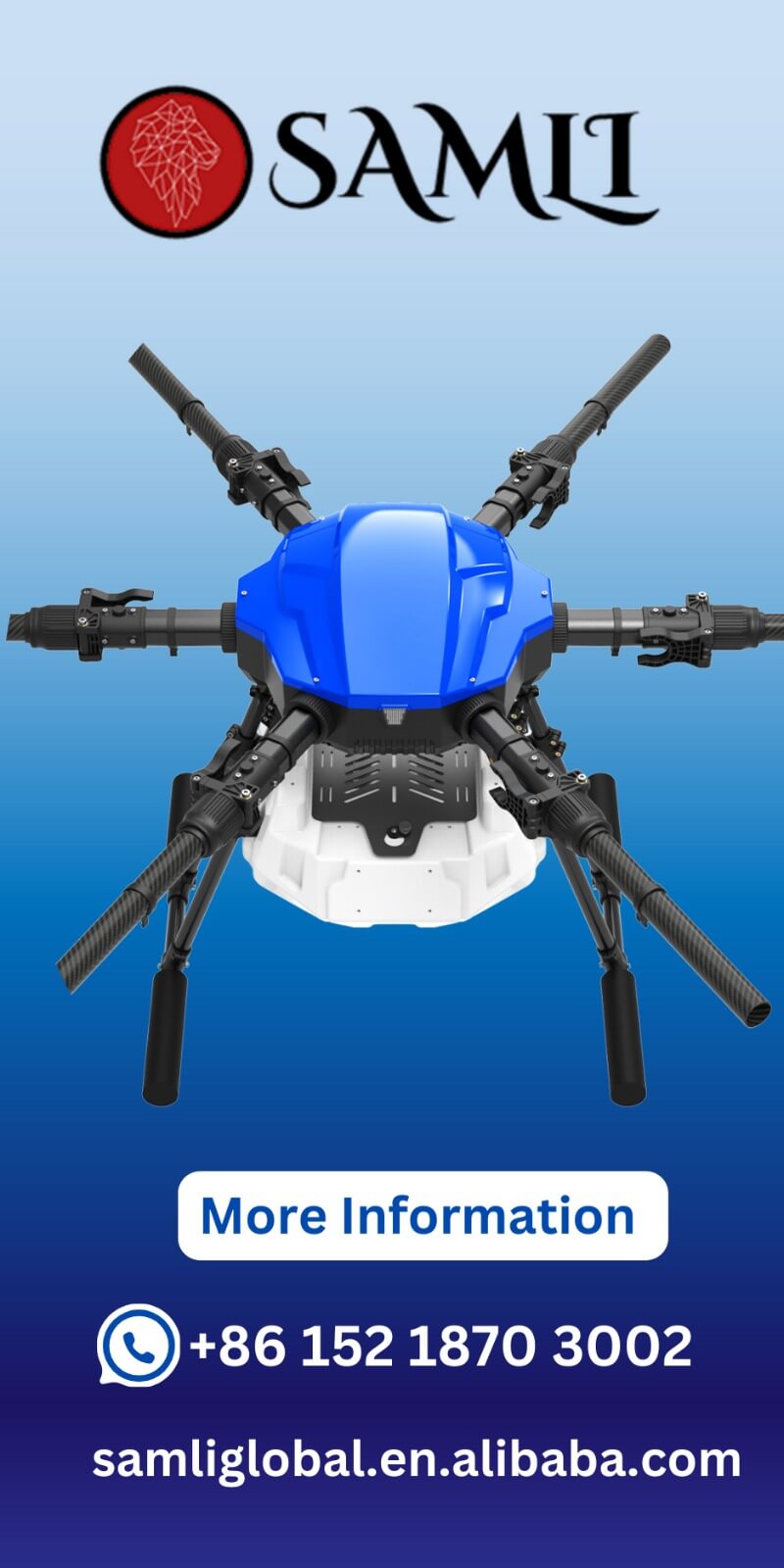People often spend a significant portion of their early years at school. Many students attend college to pursue a career in the discipline in which they have studied or specialized. Education is crucial in preparing you for the world of work. However, the professional world is vastly different from the school environment.
As soon as you enter the professional world, you’ll see that there’s generally a set of rules that govern how things are done. Every company will have its own workplace standards and a code of conduct. Also, different industries adhere to certain codes and standards as well. For the most part, these are things you’ll learn as you go. However, there are a few tips for a fulfilling career that you should be aware of before joining the workforce. Here’s a list of some of the tips.
1. Dressing Is Important
Maintaining your individuality is crucial. But it’s also important to understand that dressing matters in the professional world. Work attire is unique in every profession. Nevertheless, you must ensure that the clothes you wear fit the corporate culture and are appropriate.
For example, business people and lawyers wear formal clothes, while doctors wear scrubs to work. If you work at the reception, you must dress well. Remember that your presentation matters because people are visual beings.
So, spend some time researching the dress codes in your industry. It’s also important to know your prospective employer’s dress codes.
2. Communication Is Important
Effective communication skills are highly valuable in the workplace. Good communication is the cornerstone for building great working relationships. However, being a good communicator doesn’t simply refer to how well you talk or the breadth of your vocabulary. These qualities can be helpful in some, but not all situations.
Keep in mind that you may be working in a shared space with other individuals. Every person is unique and has distinct temperaments, personalities, intelligence quotients (IQs), and beliefs, among other attributes. Therefore, their worldviews are likely to differ from yours. So, just because you can communicate fluently doesn’t guarantee you’ll get along with everyone.
Conflicts at work usually occur when a colleague says something that’s misinterpreted or misunderstood. But, if you’re an excellent communicator, you may properly voice your concerns without escalating any situation. You’ll also be able to communicate your ideas more clearly to prevent misunderstandings.
3. Update Your Resume
You should be aware that having a strong CV is necessary for finding employment in your professional career. You’ll want to ensure that yours is up to date when applying for a new job. However, you must also ensure that your resume is concise and easy for recruiters to understand. Remember that recruiters must go through a large number of resumes. So, you must remove the fluff from your resume and retain only the necessary information.
4. Practice Self-leadership
You normally undergo training for your specific role when you acquire a job. The main purpose of training is to equip you with the tools you need to succeed in the job. However, it’s crucial to remember that what you do is entirely up to you in the professional world. It’s not like school, where everything is done for you. Self-organization and self-leadership will be required in the workplace.
You shouldn’t expect someone else to do your job for you. Therefore, you should stay on top of your daily and weekly goals. You may need a planner or desk calendar to schedule your day. Additionally, you’ll need to practice self-discipline to form positive habits like timeliness and integrity.
5. Mistakes Are Inevitable
If you’re good at something, you’ll have a strong desire to continue doing it since the chances of success are high. However, it’s crucial to realize that mistakes and failures are inevitable. In the professional world, you’ll be good at certain things and not so good at others. This is the natural order of things, and the workplace is no exception. You should have high expectations for yourself but don’t let that cloud your judgment.
Most people would much rather set camp in their comfort zone. However, no matter how hard you strive to be perfect, you’ll soon realize that everyone makes mistakes. What matters is how you recover from setbacks. Instead of dwelling on your mistakes, you must learn from them and move on. You may have to fail before you succeed. But it all depends on how you process your failures.
6. Be A Lifelong Learner
Finally, it’s important to note that in life, learning never stops. Don’t be fooled into thinking that learning stops once you graduate. You’ll soon discover that there’s so much you don’t know once you enter the workplace. The world is always changing. Industries and technology are also evolving. You need to increase your skills, knowledge, and wisdom to make yourself more valuable in the professional world. Therefore, to be successful in any profession, you must be a lifelong learner.
Conclusion
It’s not always easy to transition from a college student to a career professional. The workplace isn’t like the school models you may be accustomed to. However, it’s important to note that adjusting to any new environment takes time. You don’t have to put yourself under pressure to be perfect on your first job. You’ll likely make mistakes. But it’s not the end of the world. You can always learn from them and move on.



